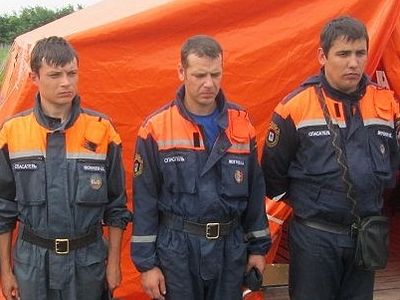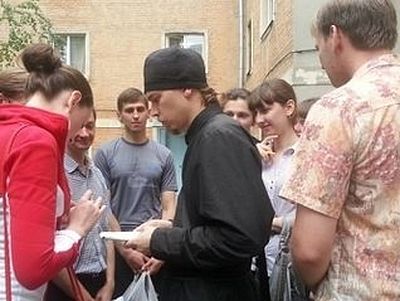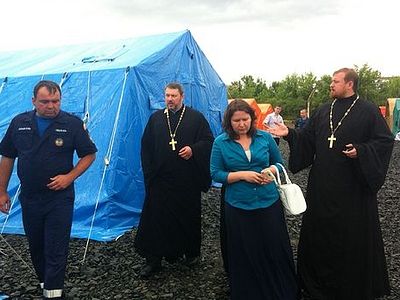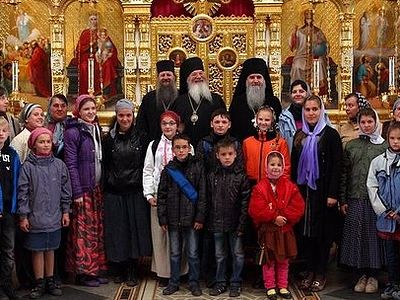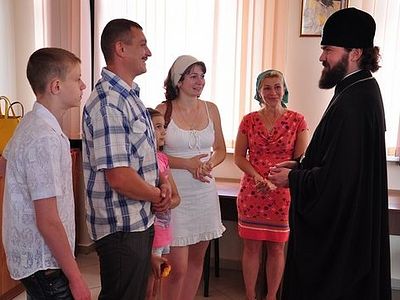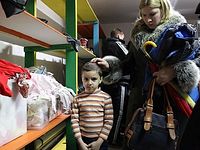Rostov-on-Don, July 9, 2014
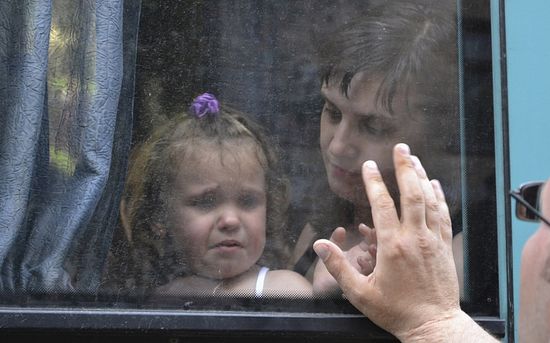
The Rostov region in Russia has declared a state of emergency regarding aid to refugees from the Ukraine, and the Church is doing its best to support the arriving people, to help free them of there “stupor and fear”, reported Metropolitan Mercurius of Rostov and Novocherkassk on Wednesday to RIA-Novosti at the press conference, dedicated to celebrations of the 700th anniversary the birth of St. Sergius of Radonezh.
“The situation with refugees from the Ukraine is very tense. They keep arriving to the Rostov region and are currently accommodated in camps. From there some of them are then sent to other regions. The region has declared a state of emergency regarding aid to the refugees. This refers to state agencies, the Church, and public organizations. Now we are doing our best,” said Metropolitan Mercurius.
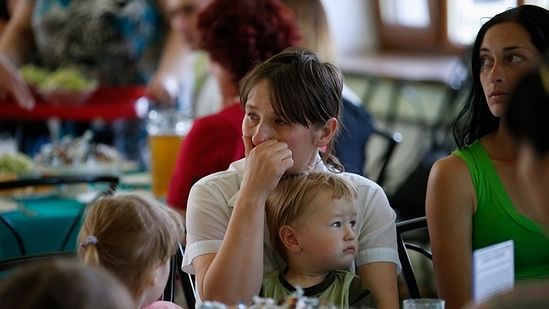
According to him, the Church is taking part in all aid programs for refugees carried out by the state. As far as the Church is concerned, these are mainly issues of spiritual guidance, because people are coming, in very low spirits, crossing the borders in some cases by hidden paths and under shelling, and so it is necessary to strengthen them spiritually. The clergy regularly watch at refugee camps, supplicatory prayer and prayers for the dead are served; people are given help getting to churches in order to pray – this is very important. Priests talk to the people and their fear and stupor disappear little by little,” related the hierarch.
The dioceses’ social departments are working very actively on rendering humanitarian aid and fundraising, added Metropolitan Mercurius.
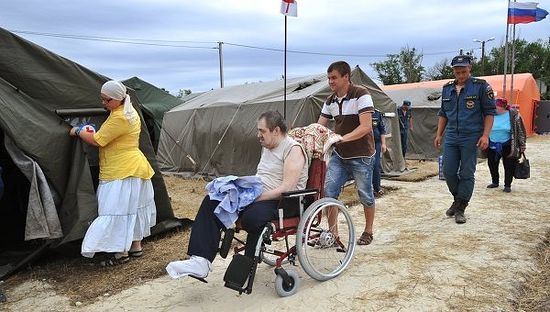
“We are, of course, are not distributing money, but with the funds raised we purchase the main necessities, food and clothes. A priest has called me recently and reported the need of a refrigerator and washing machine for one center of accommodation. They were delivered on the same day. But all in all, the situation in the region is difficult,” noted the metropolitan.
As was reported earlier, 25,343 Ukrainian citizens were accommodated on the territory of the Rostov region, including 9,259 children.
